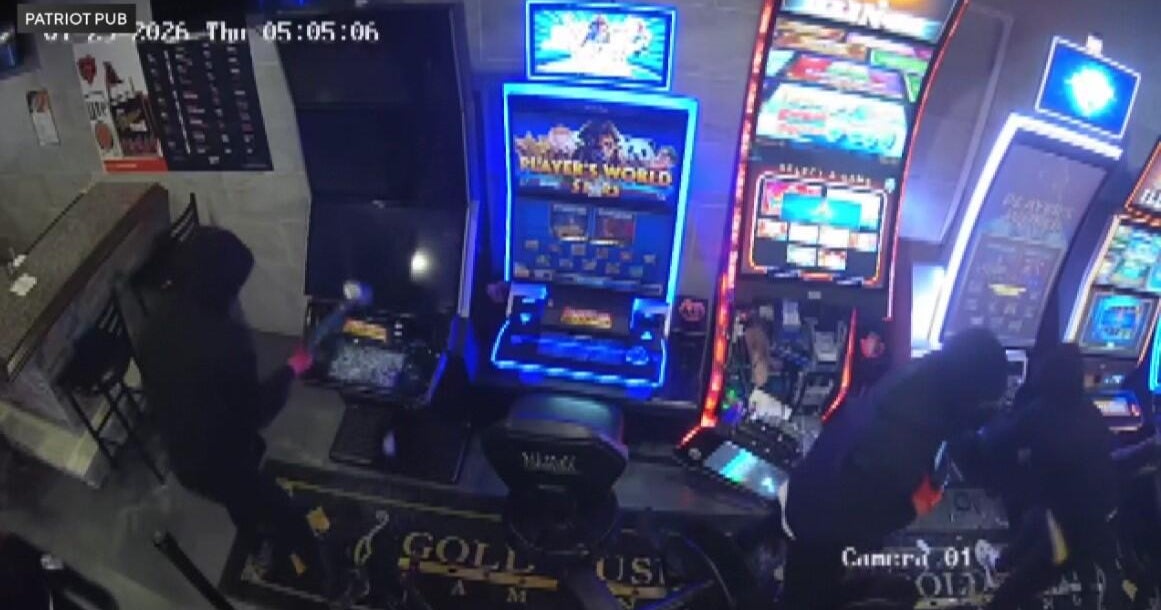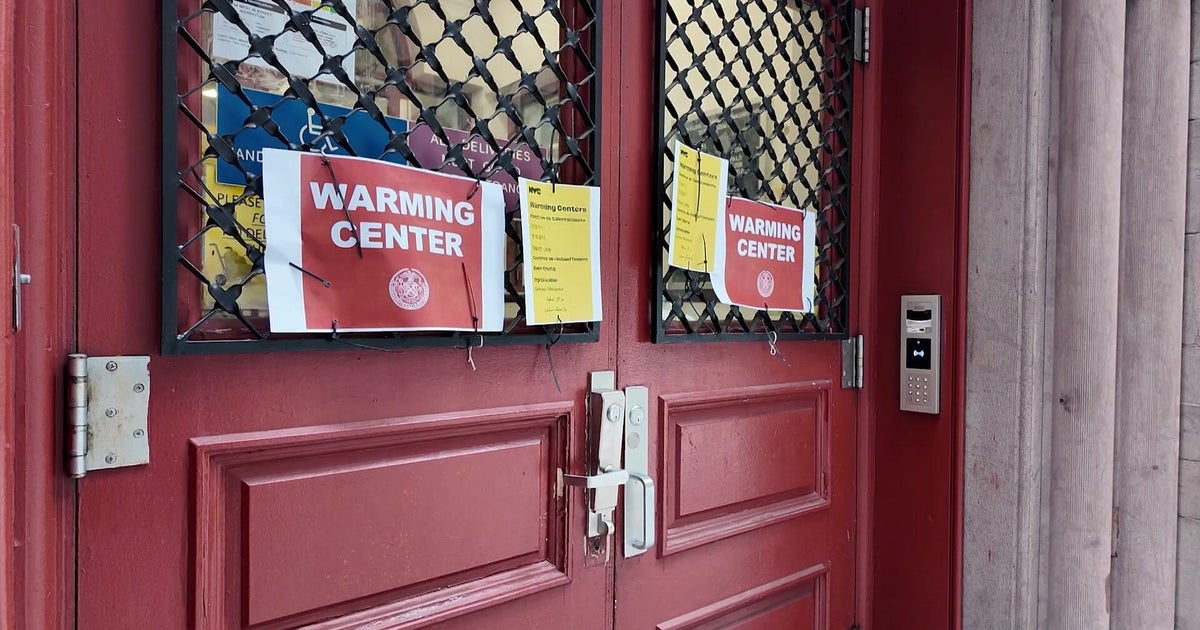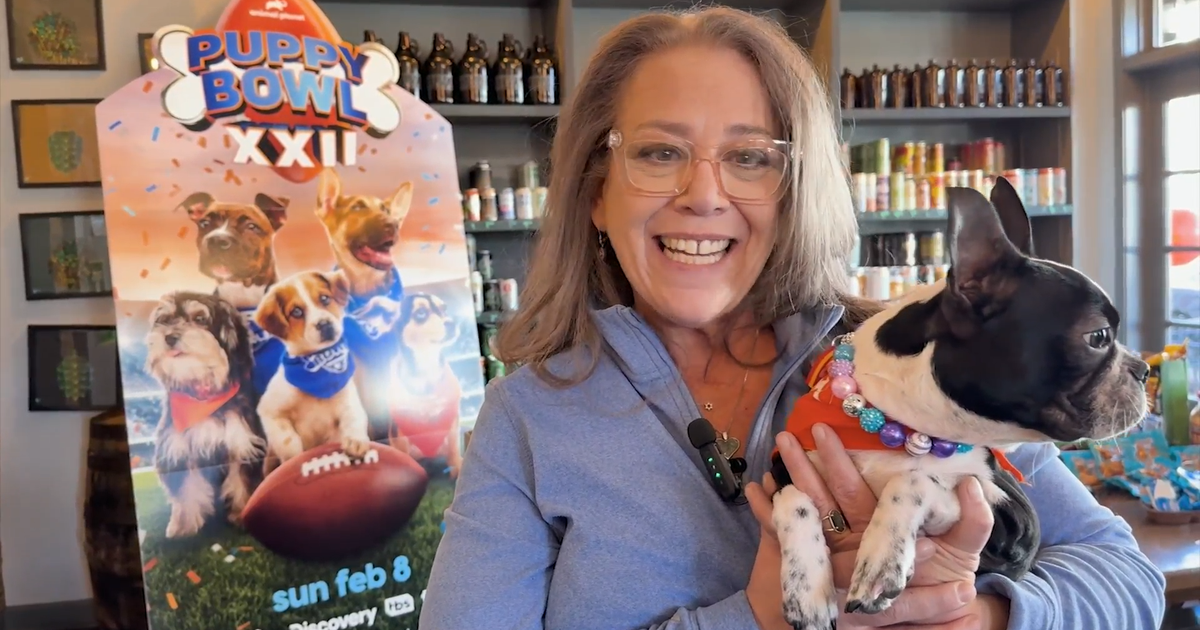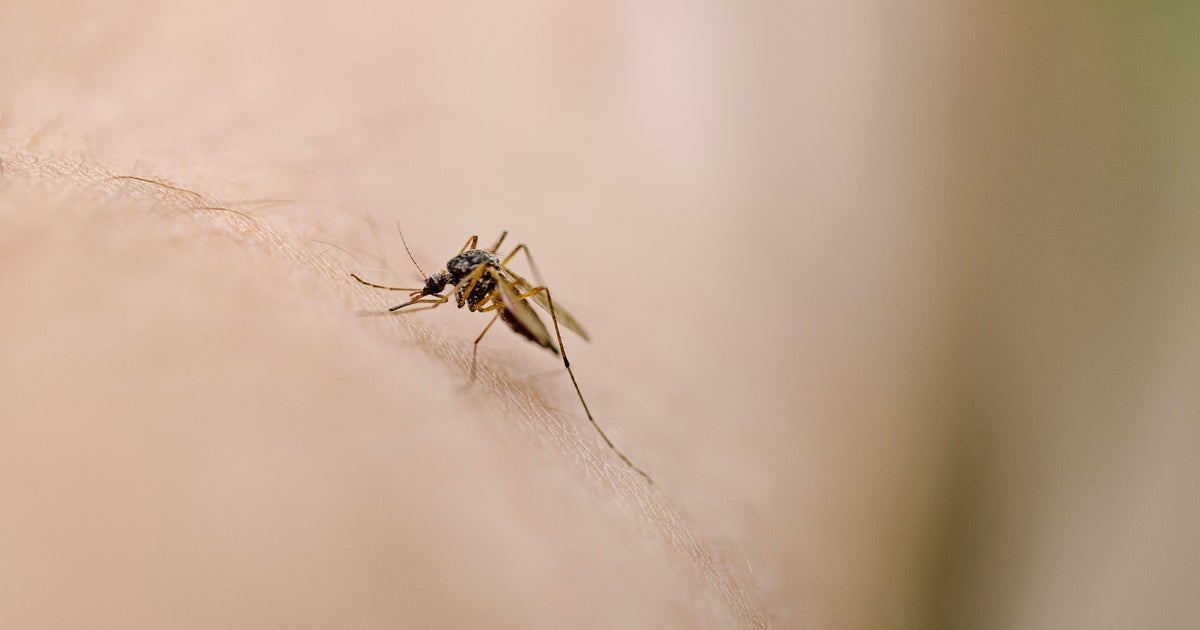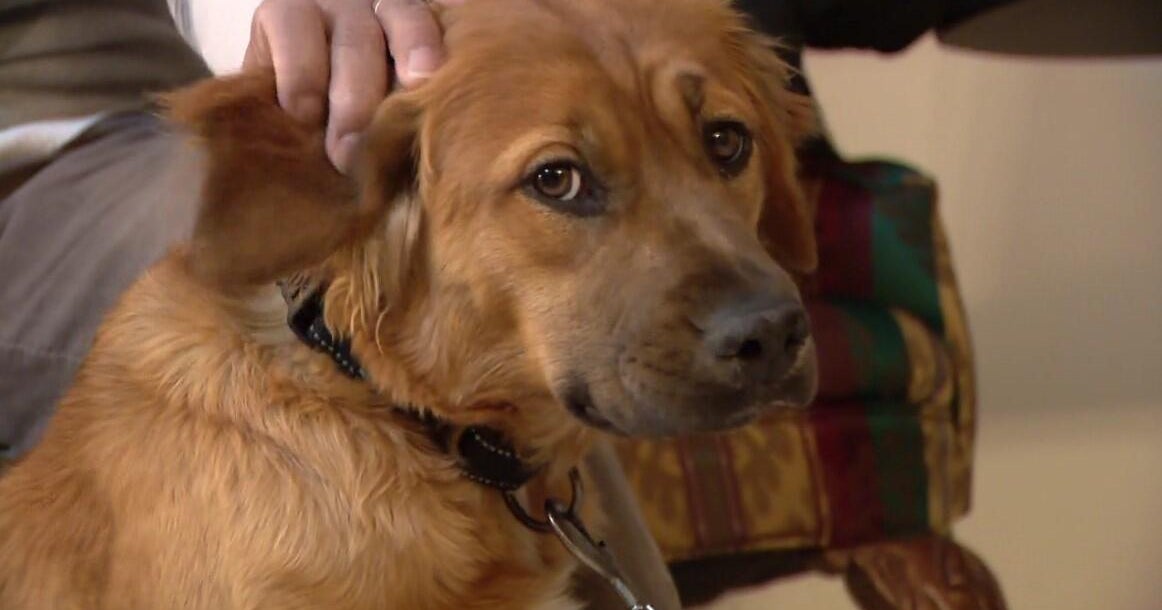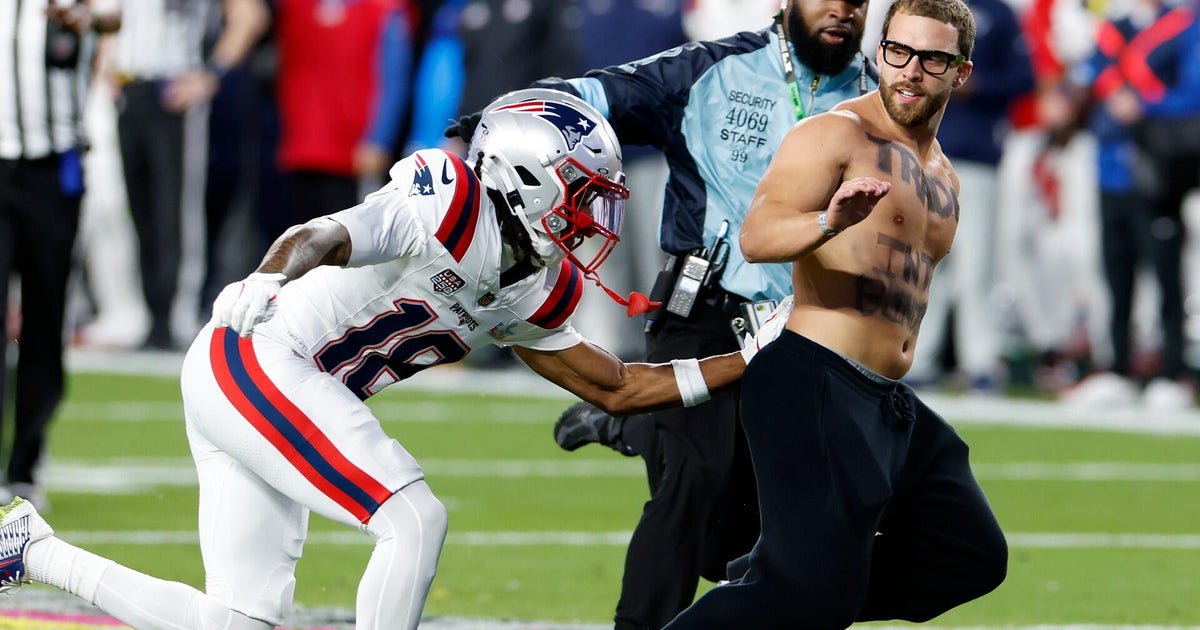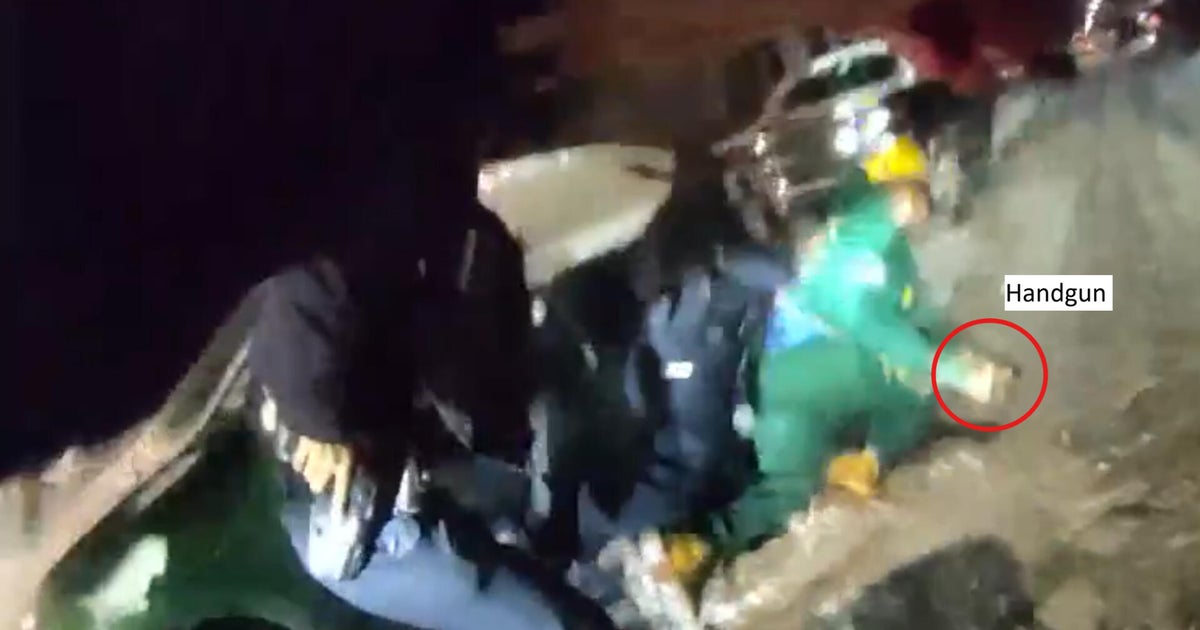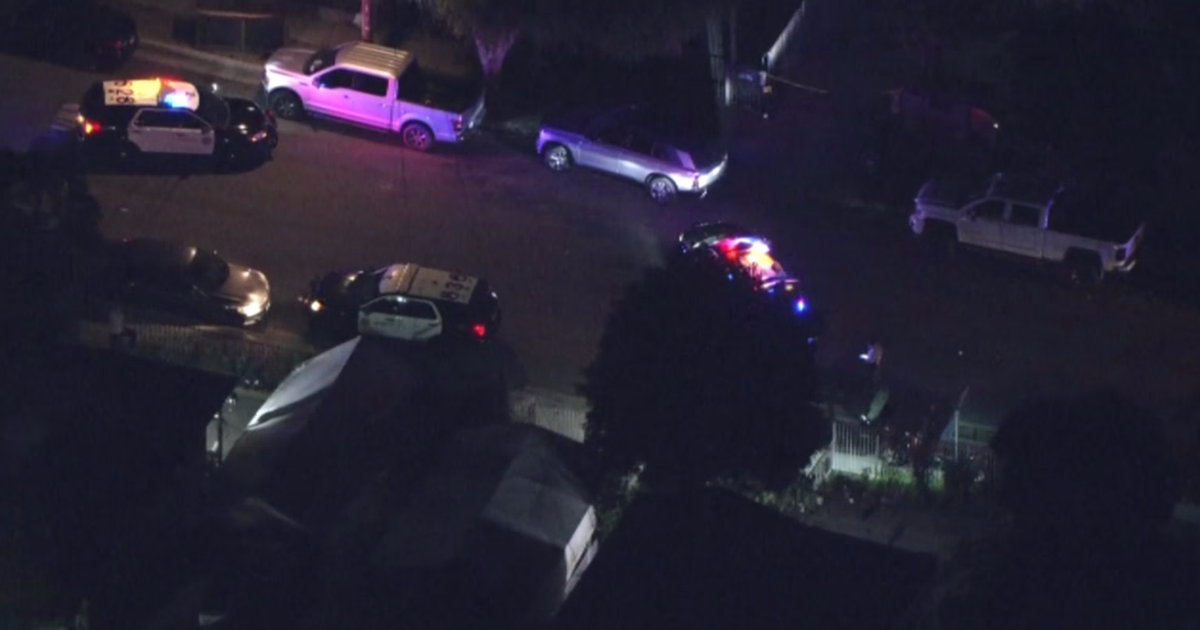How To Keep Pets Safe From Coyotes
CHICAGO (CBS) – It happens far too often. Unsuspecting pet owners let their dogs and cats out to play or do their business in the backyard and before they know it – a predator looking for a quick meal has attacked and injured their pet or worse.
Coyotes are a fact of life in the Chicago area. They always have been and always will be. As humans encroach on their territory, these usually secretive animals have had to resort to any means necessary to eat. Sadly, that often means snacking on a pet.
"They're everywhere," says Dr. Julia Georgesen of Blum Animal Hospital in Chicago and resident expert for CBS Chicago's Eye On Pets. "They've been spotted downtown, at Wrigley Field and they've been spotted multiple times in the suburbs."
Coyotes generally like to live out of the sight of humans and they normally hunt small mammals like rabbits but attacks on cats and small dogs are on the rise in the Chicago area, as Brad Edwards of CBS 2 reported back in February.
What can pet parents do to keep their dogs and cats safe?
"Don't leave your pets alone outside, especially at dawn or at dusk," says Georgesen. "They also come out a lot during breeding season which is usually January to March." Dogs should never be chained outside and should be on a leash in public areas. And she says never let your pet play or interact with a coyote.
Georgesen also advises pet owners to never leave dog or cat food outside. The warning is especially important for people who feed stray cats. Coyotes will prey on feral cats that are coming to a feeding place. "If you are feeding outside cats, do so during the day and for a set amount of time and elevate feeding stations." Also keep trash in high quality containers with tight fitting lids.
If your pet must be outside, Georgesen suggests you use fencing and make sure it is at least 6-feet high and 6-inches deep to keep Coyotes from jumping over it or digging under it.
"If you encounter a coyote, never throw food at it," Georgesen says. "Don't turn and run your back and run away. You want to yell or make a loud noise or clap or stomp. Make eye contact and make yourself look bigger. They get scared easily and they're not going to come after you." She says throws rocks or sticks if they approach you.
Georgesen says coyotes, humans and our pets can live in harmony together if everyone understands how these animals live.
In Cook County, animal experts have fitted more than 60 coyotes with radio collars and have been studying their behavior and interaction with humans and pets. The effort is among the largest urban studies of coyotes in the world. Research has focused on Cook, Kane, DuPage and McHenry counties where about nine million people live. Scientists say the area is also home to between 1,000 and 2,000 coyotes.
Scientists say urban coyotes do an important service to Chicago by eating small rodents and helping control the rat population. One expert says a single coyote could eat 10,000 mice in a year if that was its only source of food.
Dr. Georgesen's Safety Tips:
• Coyotes normally hunt small mammals, such as rabbits, but will attack and kill cats and small dogs.
• Never leave your pets outside unattended, especially small pets and cats. Only let them outside when you are with them. Be especially cautious at dusk, night and dawn.
• Never leave pet food and water outside. Coyotes will prey on feral cats that are coming to a feeding place. If you are feeding outside cats, do during the day and for a set amount of time. Elevate feeding stations. Keep trash in high quality containers with tight fitting lids.
• Dogs should never be chained outside and should be on a leash in public areas. If your pet must be outside, make sure your yard fence is 6-feet high and at least 6-inches deep. Never let your pet play or interact with a coyote.
• Attacks can occur on larger dogs during Coyote breeding season when coyotes feel their territory is threatened, which is usually January to March.
• If you encounter a coyote, never throw food at it. Don't turn your back and run away. Yell or make a loud noise, clap or stomp. Make eye contact and make yourself look bigger. Coyotes get scared easily and will usually run away
